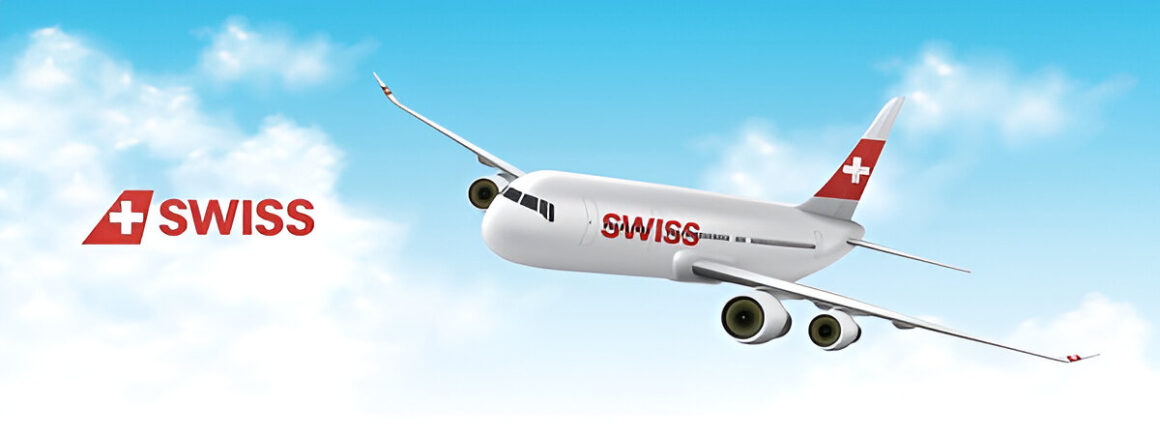It starts with a notification—a sterile email, a red “CANCELED” on the departures board. For Swiss International Air Lines passengers, this moment has become tragically routine. But behind all Swiss flight cancellations lies a chain reaction: a CEO misses a billion-dollar merger signing in Dubai, a lifesaving vaccine shipment to Karachi spoils on the tarmac, a Geneva watchmaker’s $3 million shipment misses its Monaco auction deadline. These aren’t mere travel hiccups—they’re economic body blows in an interconnected world.
The numbers tell a grim story. Swiss flight cancellations have surged by 63% since 2022, with cargo operations hit hardest. Last quarter alone, over 1,200 planned freight flights were scrapped. For Swiss exporters—responsible for 10% of global luxury goods and 15% of pharmaceutical exports—these disruptions are existential. Take Hans, a Basel-based machinery parts supplier I interviewed. “Two canceled cargo flights to Detroit forced a Ford plant shutdown,” he said. “Now they’re threatening to switch suppliers. Thirty years of partnership, unraveled by Swiss Air’s unreliability.”
Why has Europe’s once-punctual airline become synonymous with chaos? Three factors collide. First, a chronic crew shortage—Swiss Air lost 28% of senior pilots to retirement and competitor poaching since 2021. Second, aging fleets: 40% of their long-haul aircraft are over 15 years old, requiring unplanned maintenance. Third, a flawed hub model. Zurich Airport’s “just-in-time” efficiency becomes a liability when one delayed flight snowballs into 12 cancellations.
The human costs cut deeper than balance sheets. In Lahore, textile exporter Amina Sheikh described how a Swiss cargo cancellation stranded her organic cotton shipment. “By the time it arrived in Milan, the fabric had mildew. The Italians canceled the contract. My workers may not get bonuses this Eid.” In Brussels, medical researcher Dr. Isabelle Durant watched helplessly as leukemia trial samples expired during a 34-hour delay. “Patients don’t care about Swiss Air’s excuses—they need treatments now.”
Critics argue businesses should adapt—embrace virtual meetings, diversify carriers. But this ignores reality. Swiss Air controls 55% of Zurich’s cargo capacity. When their flights cancel, alternatives vanish. Chartering a cargo plane costs up to $25,000/hour—a fantasy for SMEs. And while Zoom works for check-ins, try negotiating a $200 million deal or inspecting gemstones over a pixelated screen.
Solutions exist but demand courage. Swiss Air must prioritize crew retention through competitive wages and sane schedules—Qatar Airways’ 20% salary boost last year reduced pilot attrition by half. The Swiss government should leverage its 7% stake to mandate transparency, like real-time cargo tracking dashboards for businesses. Most critically, Zurich Airport needs rapid-response protocols—dedicated standby crews and buffer aircraft for high-priority routes.
This isn’t just Switzerland’s problem. As a global trade crossroads, Swiss flight cancellations ripple worldwide. A missed connection in Zurich delays a Nairobi tech team’s Berlin product launch. A grounded cargo plane in Geneva means Shanghai electronics factories idle without Swiss microchips. In our hyperlinked economy, reliability isn’t optional—it’s the glue holding commerce together.
The path forward is clear: Swiss Air must either restore its legendary precision or cede its crown to rivals. For businesses clinging to survival amid these cancellations, patience is exhausted. As Dubai logistics magnate Karim Al-Fayed told me: “We’re renegotiating all contracts. If Swiss can’t deliver, we’ll pay more for Emirates’ reliability. Better a higher cost than no delivery at all.”
Pakistani readers know better than most the cost of instability. Pakistan’s $6 billion trade with Europe relies heavily on Swiss logistics networks. Every cancellation risks jobs, growth, and hard-earned trade relationships. It’s time for Swiss Air to ground its excuses and take off with solutions—before more businesses crash.


Leave a Reply